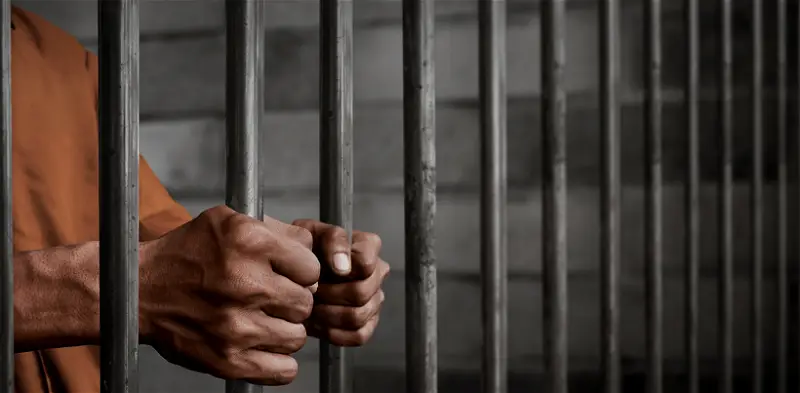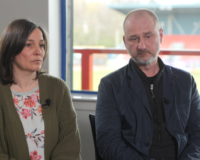At least 150 insurgents have been reportedly killed after two Super Tucano jets, operated by the Nigerian Air Force (NAF), bombed hideouts in Sambisa forest, Borno state.
According to Zagazola Makama, a publication focused on the Lake Chad region, multiple airstrikes were executed by the air task force component of operation Hadin Kai on Wednesday.
The airstrike was said to have targeted hideouts in Mantari, Bama LGA of the state.
A defence intelligence officer was quoted as saying Abbah Tukur, an ISWAP leader in Mantari and Maimusari, and Bakura Jega, a top commander, were among those killed in the airstrike.
Scores of the fighters were also said to have been injured in the attack.
According to the publication, before Jega’s death, he led “some militant fighters on 40 motorcycles on the instructions of its Amir Fiye, Ali Ngulde, to the Lake Chad of Krinowa to seek more support from Abou Oumaymah, a Boko Haram leader, to enable it to replenish its fighting capability in its recent face off with the ISWAP”.
“The sources noted that the militant fighters were being received by the leadership in Mantari after they returned with weapons, motorcycles and livestock, when the combat aircraft stormed the location and scored a crucial hit on the hideouts, leading to the neutralisation of the terrorists,” the publication reads.
The publication also reported that the leadership of the insurgent group has conducted a mass burial for its members.
“Those who attended the funeral included Abu Isa, Khaid of Kalabalge who migrated to Sambisa forest; Ali Ghana, Khaid of Ngauri, as well as several militant fighters from Koltafirgi, otherwise known as Gaizuwa,” the report reads.
“Early battle damage assessment conducted by sources indicated that more insurgents were dying due to lack of medical intervention due to various degrees of injuries they sustained during the attack.
“The sources said that the fighters are being treated in an open ground under a tree, located about 500 meters west of Mantari, noting that people were prevented from visiting them due to their conditions.”







